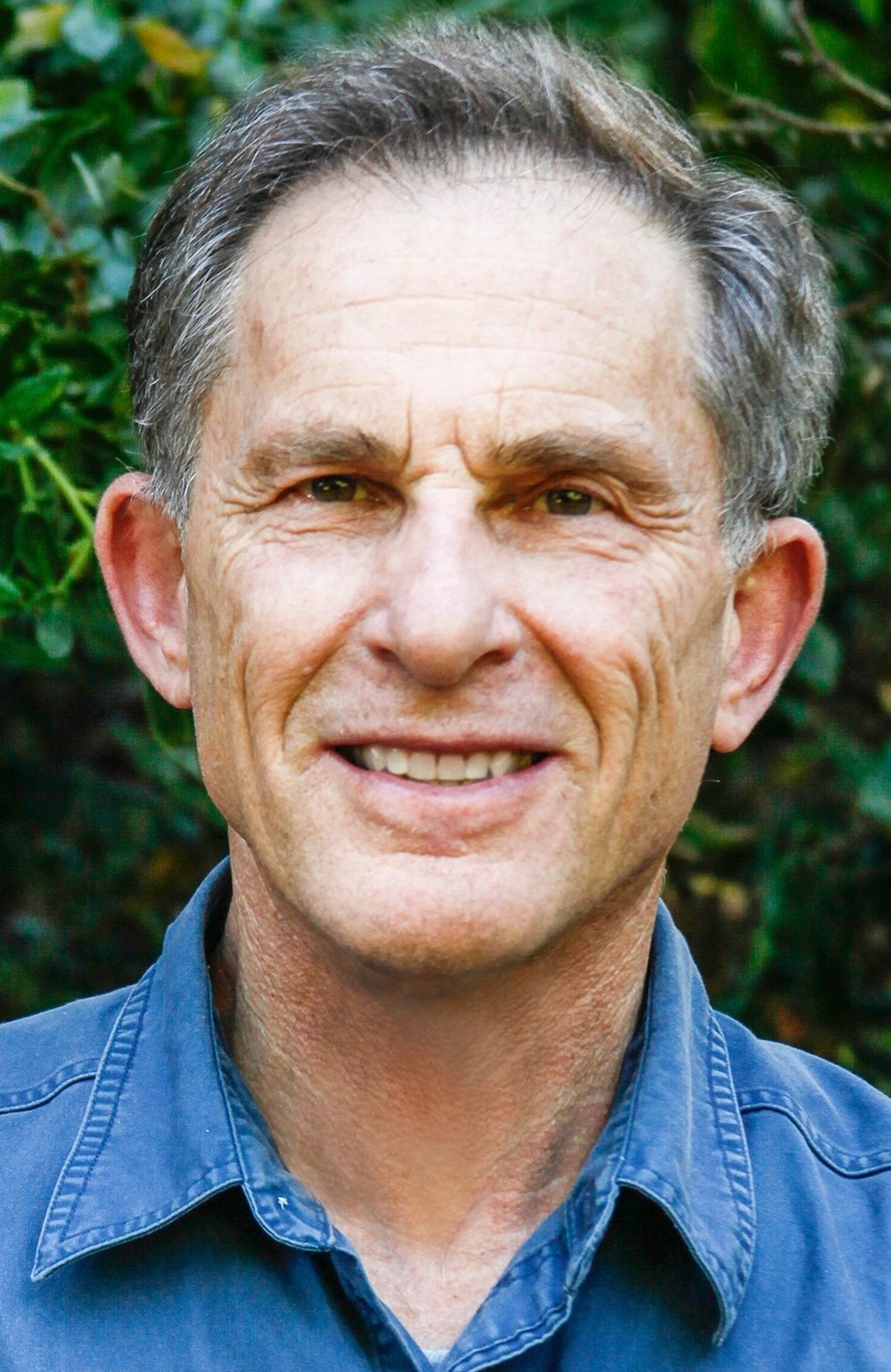Ep. 1 - Universal Dividends: A Commons Solution for Inequality and Environmental Change with Peter Barnes
Archived series ("Inactive feed" status)
When?
This feed was archived on January 17, 2020 11:33 (
Why? Inactive feed status. Our servers were unable to retrieve a valid podcast feed for a sustained period.
What now? You might be able to find a more up-to-date version using the search function. This series will no longer be checked for updates. If you believe this to be in error, please check if the publisher's feed link below is valid and contact support to request the feed be restored or if you have any other concerns about this.
Manage episode 210712186 series 2322477

Universal Dividends: A Commons Solution for Inequality and Pollution (ft. Peter Barnes)
Photo Credit: Patrick Tomasso on Unsplash
Subscribe on iTunesUniversal Dividends: A Commons Solution for Inequality and Pollution (ft. Peter Barnes)
Claiming sovereignty over our shared resources
The U.S. currently faces the greatest levels of inequality since The Great Depression. And these numbers are getting worse.
What's to be done? If you ask Peter Barnes, we need to start properly charging for the access to and the use of our nation's common assets. This untapped vehicle would provide billions of dollars in revenue to the government. The money raised would then be redistributed universally (to all).
"Communally inherited assets" include things like oil, coal, fisheries, timber, the limited capacity of our atmosphere to absorb pollutants, as well as "gifts of society", such as our legal and financial infrastructure.
There is a precedent here in our own country, the Alaskan Permanent Fund has been paying dividends to it's constituents since 1982, and Texas uses their oil-funded program to help pay for public education. The best part: This system curbs pollution while reducing income inequality.
Peter goes into the historical context, highlighting the crisis of The Great Depression and the resultant economic experimentations. Did you know?: In1933, 90% of people over the age of 60 were living in poverty. This led to the implementation of Social Security.

Peter Barnes is a leading advocate for charging for usage of our "communally inherited assets." Peter has pushed for a cap-and-trade system to curb carbon emissions and advocates for a national dividend model based on the Alaskan Permanent Fund. Peter walks the walk of communalizing assets, he started the worker-owned cooperative, Working Assets/Credo Mobile in 1985. His most recent book is With Liberty and Dividends For All. (Photo credit: Peter Barnes)
Hopefully we don't need another crisis to introduce systemic updates, but Peter urges that we do need a 21st century sequel to the New Deal in order to grapple with the major challenges of the day:
- We've entered a new geologic age: The Anthropocene (humans having an over-sized, negative effect on the planet)
- Dramatic and rising inequality
Are we on a crash course for a new financial crisis? What role might communalizing assets play in the future?
In This Episode We Discuss:
The difference between Universal Basic Income and universal dividends
Why crises provide an opportunity for experimental change
Why now? What factors make it important to explore this presently?
Historical context and why Social Security may be the model to follow
Show Notes
1:30 - Distinction between Universal Basic Income (UBI) and Universal Income
2:39 - Definition of Universal Base Income
3:00 - Using common assets (inherited common resources) to create a universal dividend
5:38 - How Peter got into the idea of universal income
7:00 - A cap and permits: The platinum policy for reducing our usage of... (i.e., fossil fuels, sulfur dioxide, etc.)
9:00 - Income from common assets; Who's money is it?
12:01 - Think of it like property income for all
13:14 - The Alaska model: Details about the Permanent Fund
15:15 - Sovereign wealth funds: Common assets at the country level (i.e., Norway)
16:55 - Are we approaching a crisis? And the importance of capitalizing on these "opportunities"
18:48 - Lessons from The New Deal and economic experiments
21:31 - Using a market-based system for change
23:13 - The psychology of using dividends
24:05 - A history lesson about Social Security, Dr. Townsend, and citizens organizing for change
27:27 - Social Security is the model. Start small, lay the pipes, then ramp up the system
28:04 - Hillary Clinton's missed opportunity (she should have listened to Peter)
Resources:
Peter Barnes:
Articles by or featuring Peter:
Further reading:
Enjoy this episode? Be sure to Subscribe on iTunes to get access to upcoming episodes.
2 episodes




